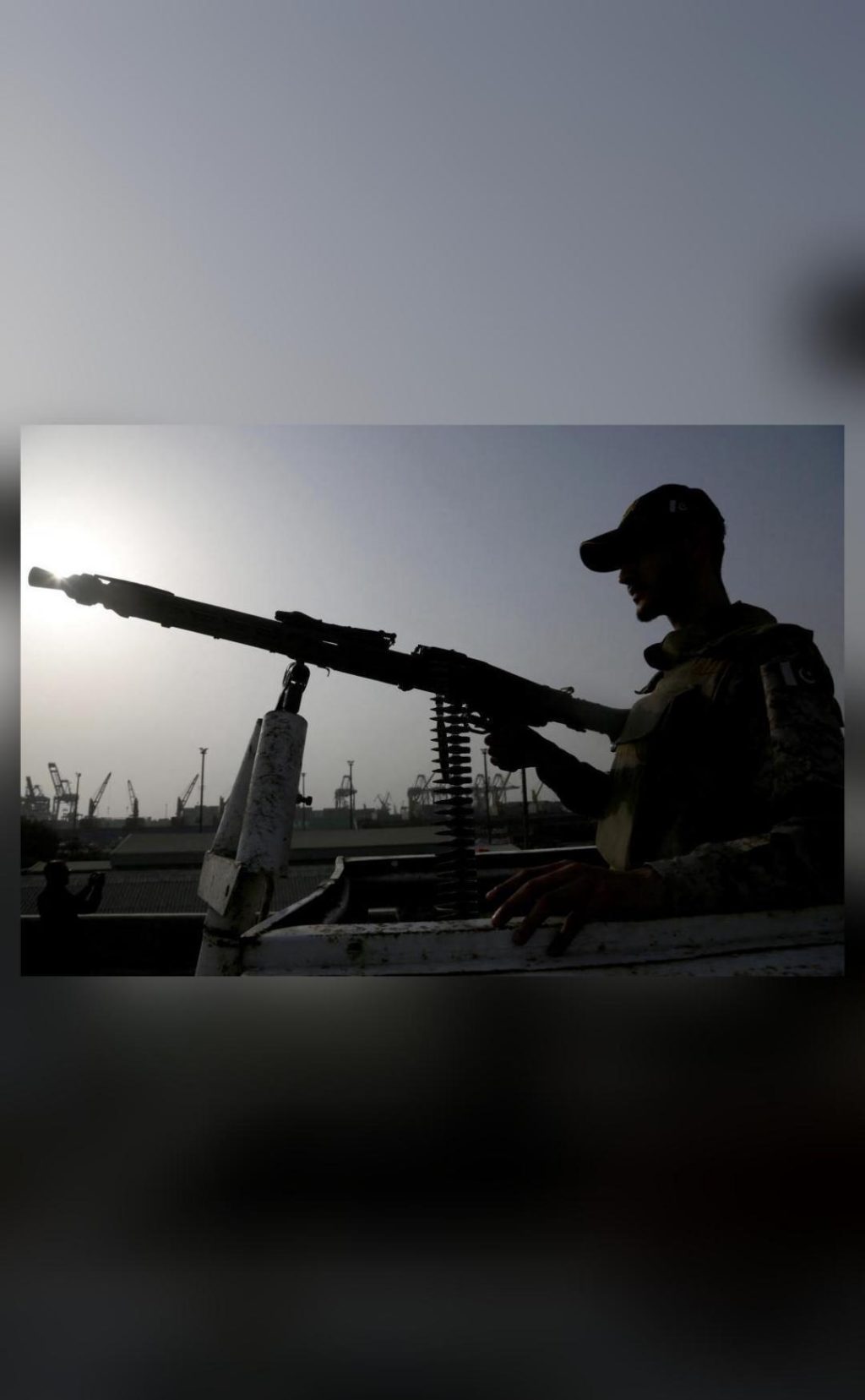
Who is DGMO, Military Leader Involved in India-Pak Ceasefire Talks?
In a significant development, India and Pakistan have agreed to a ceasefire on the Line of Control (LoC) after the Director General of Military Operations (DGMO) of India, Lieutenant General Rajiv Ghai, received a call from his Pakistani counterpart. This sudden turn of events brings a glimmer of hope in the otherwise tense relations between the two nations. But who is this DGMO and what role does he play in such critical scenarios?
The Director General of Military Operations (DGMO) is the highest-ranking military officer in the army, responsible for overseeing and coordinating military operations. He reports directly to the Chief of the Army Staff, making him the key liaison between the armed forces and the political leadership. The DGMO is responsible for facilitating communication between the military and the government, ensuring that the army’s operations are aligned with the country’s foreign and defense policies.
In the context of the recent India-Pak ceasefire agreement, the DGMO played a crucial role in facilitating communication between the two nations. The sudden call from the Pakistani DGMO to his Indian counterpart marked a significant shift in the relationship between the two countries. As the news of the call spread, it was met with a mix of curiosity and skepticism, with many wondering what led to this sudden outreach.
So, who is the DGMO of Pakistan? According to reports, the DGMO of Pakistan is Major General Nauman Zakaria, a seasoned military officer with extensive experience in military operations. As the head of the DGMO, Major General Zakaria is responsible for maintaining communication with his Indian counterpart, Lieutenant General Rajiv Ghai, and ensuring that any concerns or issues are addressed through diplomatic channels.
The role of the DGMO is multifaceted and critical in times of crisis. In addition to facilitating communication between the military and the government, the DGMO also acts as a liaison between different branches of the armed forces. This ensures that all military branches are on the same page and working towards a common goal.
The DGMO is also responsible for coordinating military operations, including planning, executing, and reporting on military activities. This includes overseeing the movement of troops, supplies, and equipment, as well as coordinating with other branches of the military, such as the air force and navy.
In times of conflict, the DGMO plays a critical role in ensuring that military operations are conducted in accordance with the country’s objectives and policies. He works closely with the political leadership to ensure that the military’s actions are aligned with the country’s strategic goals.
The recent India-Pak ceasefire agreement is a testament to the importance of the DGMO’s role in times of crisis. The sudden outreach from Pakistan’s DGMO to his Indian counterpart marked a significant shift in the relationship between the two nations. As the two countries work towards de-escalation, the DGMO will continue to play a critical role in facilitating communication and coordinating military operations.
In conclusion, the DGMO is a critical military leader who plays a vital role in times of crisis. As the liaison between the military and the government, he ensures that military operations are conducted in accordance with the country’s objectives and policies. The recent India-Pak ceasefire agreement is a testament to the importance of the DGMO’s role in facilitating communication and coordinating military operations.



